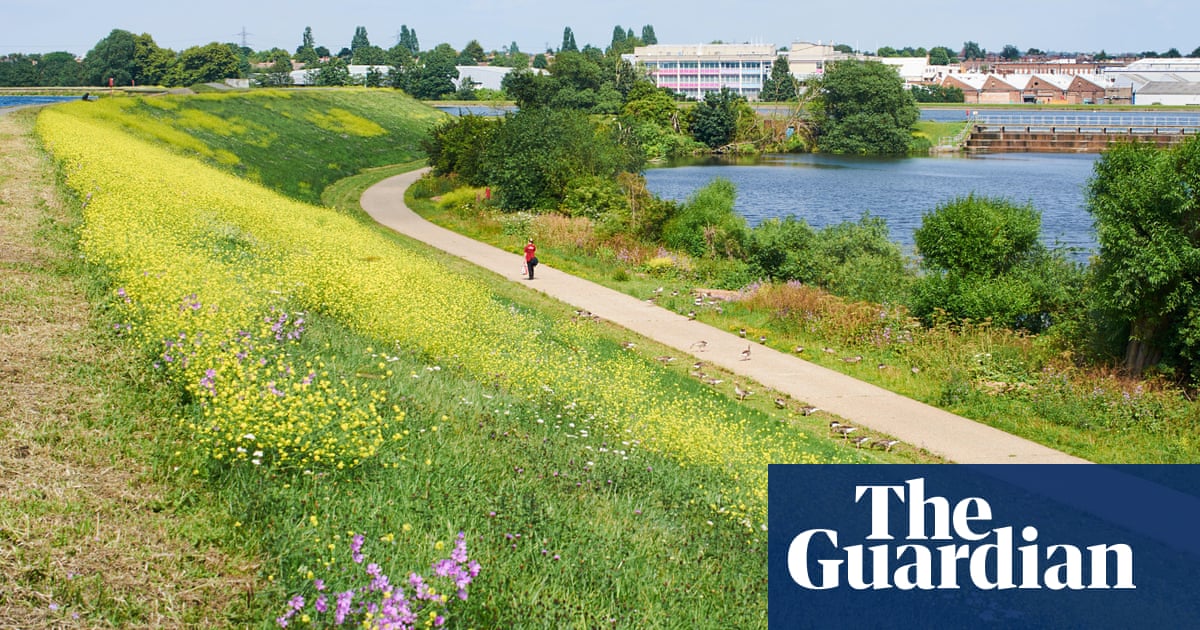
The Scottish government is facing a judicial review over plans to include transgender women in legislation aimed at improving gender balance on public boards.
Aidan O’Neill KC, for the campaign group For Women Scotland, said the court of session’s ruling would have significant implications for the protection of single-sex spaces across the UK, as well as proposals to simplify how transgender people can alter their birth certificate currently being debated by the Scottish parliament.
O’Neill was speaking before Lady Haldane on the first day of the judicial review of the Gender Representation on Public Boards (Scotland) Act, which was passed in 2018.
It has been the subject of a long-running court action by the campaign group, which resulted in a ruling on appeal earlier this year that the legislation should not have included transgender women in its definition of “woman” as this “conflated” two distinct groups that are protected in law.
For Women Scotland is now challenging revised guidance from the Scottish government that the definition of “woman” should include transgender women with a gender recognition certificate (GRC).
O’Neill said that if the court found against For Women Scotland, that would mean that protections in the 2010 Equality Act – which lists sex and gender reassignment as protected characteristics – would no longer be based on “biological sex” but on “certificate sex”.
He argued that this would mean any positive action measures in the workplace or elsewhere in favour of “women” would have to include those born male who had obtained a GRC and also exclude anyone born female who had obtained a GRC, thus removing any rights and protections around, for example, pregnancy and maternity.
Ruling in favour of the Scottish government would also affect single-sex spaces, for example single-sex wards, opening them up to those born male with a GRC, he said, while efforts to lawfully exclude this group would result in the exclusion of those born female but who had since obtained a GRC as well.
O’Neill argued that the Equality Act, when read as a whole, demanded that specific statutory definition of the word “sex” as meaning biological sex.
O’Neill added that, should the court uphold arguments made by Scottish ministers and the EHRC, which is appearing as an interested party in the case, “the current proposals by the Scottish government fundamentally to amend the Gender Recognition Act 2004 … will have far-ranging and profound consequences across the statute book. It would in essence mean that there was now a different concept of ‘sex’ in Scotland from the rest of the UK.”
Scotland’s gender recognition reform bill will introduce a system of self-declaration for obtaining a GRC, removing the need for a psychiatric diagnosis of gender dysphoria, reducing the time someone must have been permanently living in their gender before they can apply from two years to three months, and dropping the age at which people can apply from 18 to 16.
For Women Scotland has held a number of rallies at the Scottish parliament protesting against the reforms, the most recent one supported by the author JK Rowling, who tweeted a photograph of herself wearing a T-shirt reading “Nicola Sturgeon, destroyer of women’s rights”. The bill passed its first stage in Holyrood last month but the vote resulted in the SNP’s biggest backbench revolt in 15 years in power.
The case continues on Thursday.












